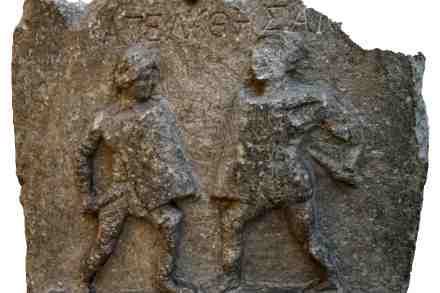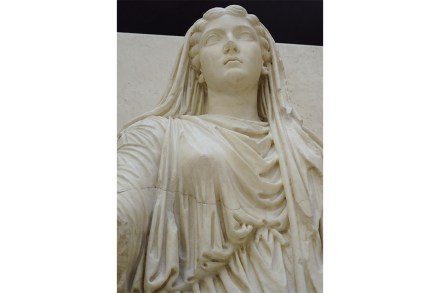Pope Leo XIV – lion or a pussycat?
Will Pope Leo turn out to be a lion or a pussycat? That depends on what he has to confront, but one hopes he will do better than Pope Siricius (384-399), let alone Kirill, current Patriarch of the Russian Orthodox Church. When the Roman emperor Constantine published a letter in 313 allowing freedom of worship to pagan and Christian alike, it opened the door to Christian leaders taking over the function of the old Roman elite. This at once presented a problem: if there really was one true God, whose will only bishops could interpret, was the emperor lord over the church or the church lord over the emperor? In




















